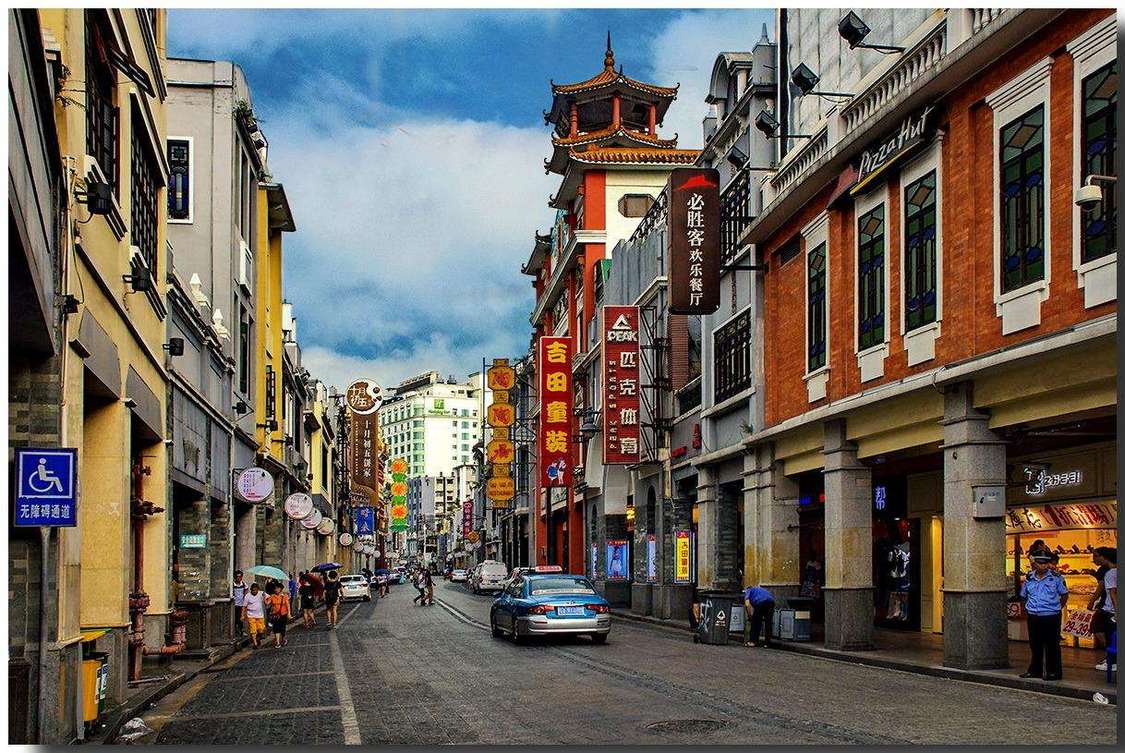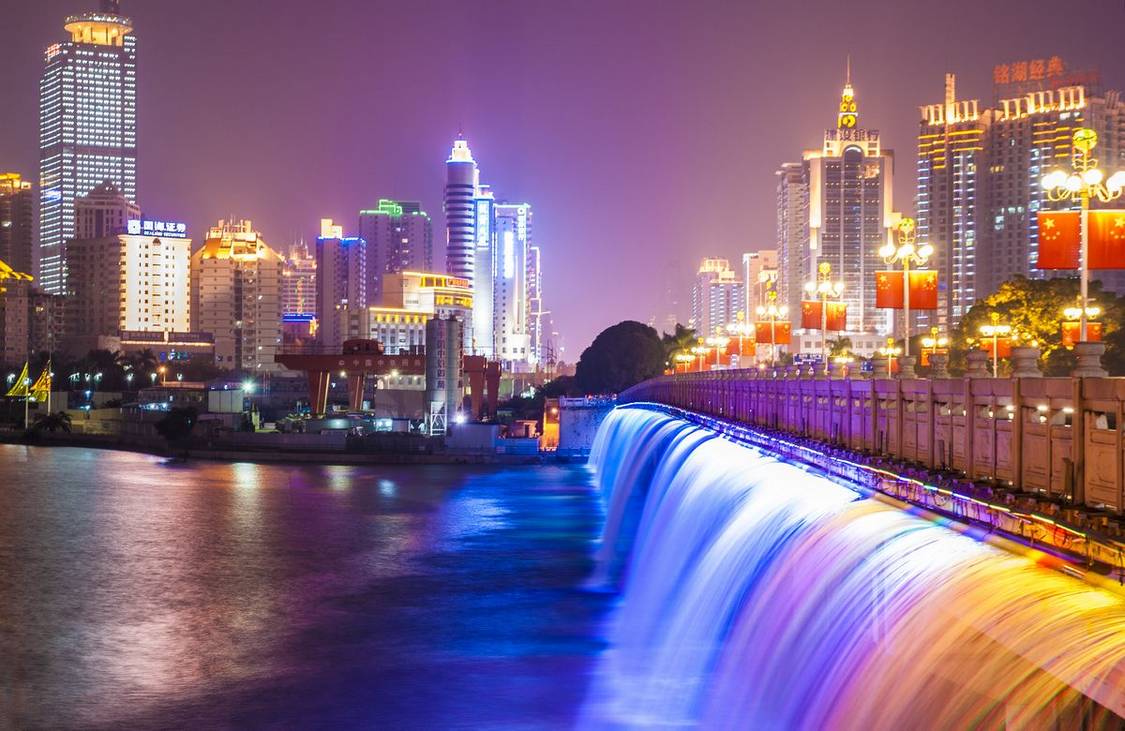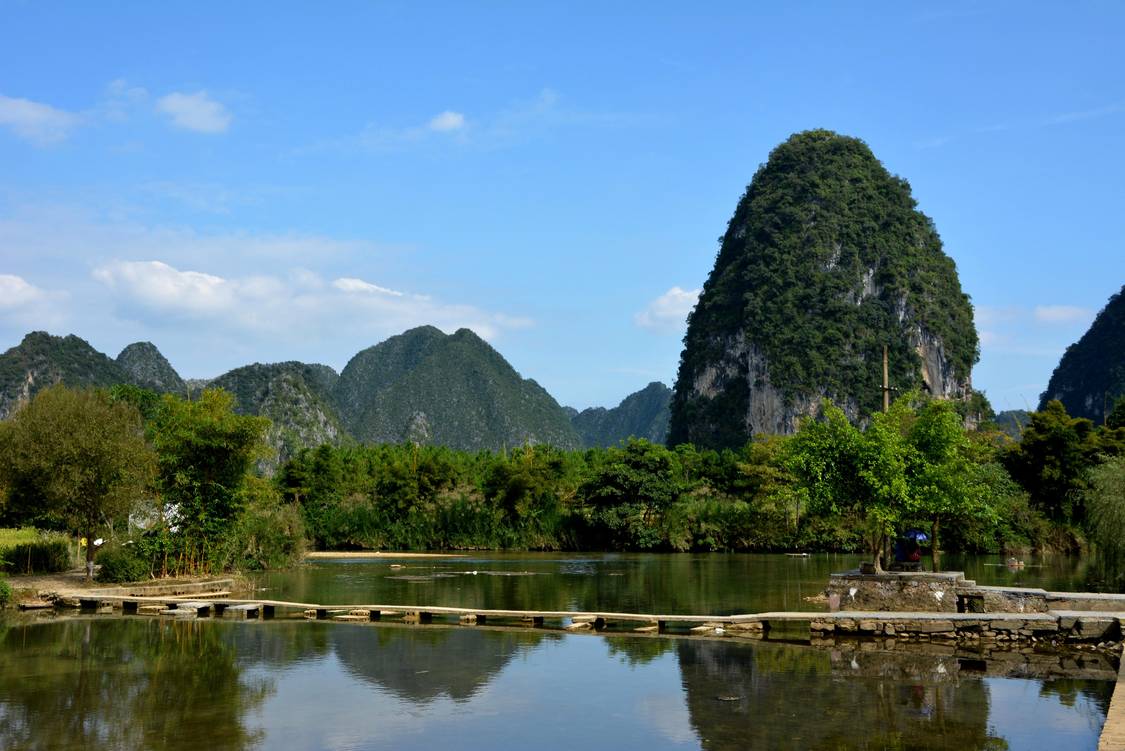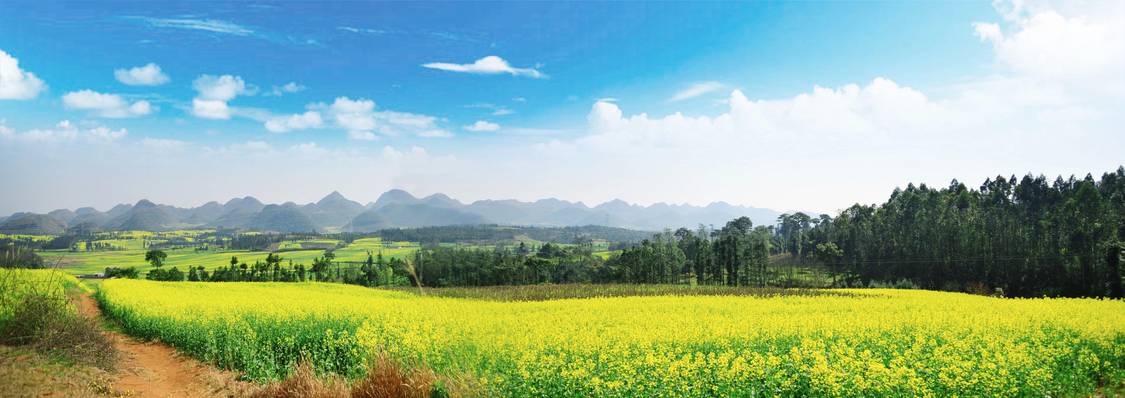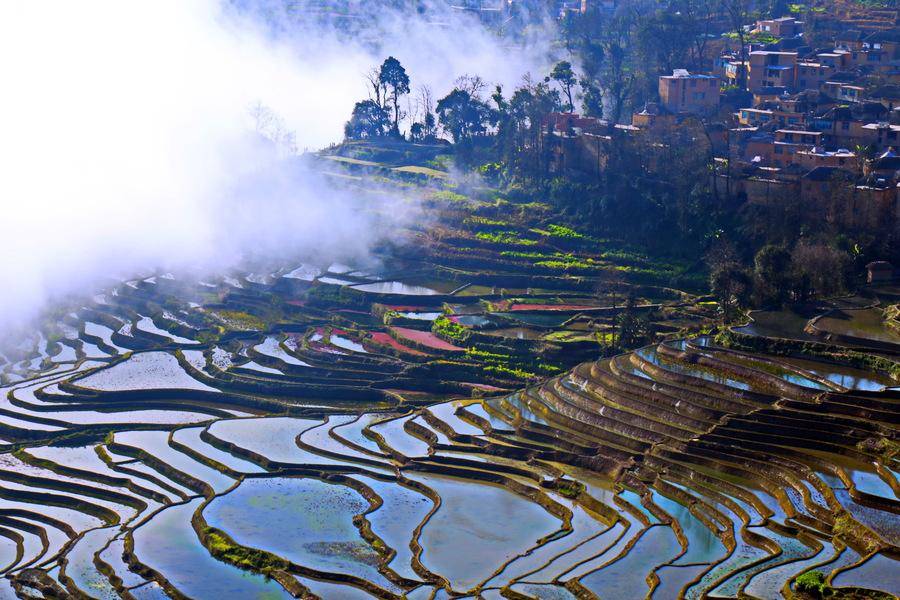Guangzhou
Guangzhou, abbreviated as 'Sui', also known as the City of Rams and the City of Flowers, is one of China's top ten food capitals. It is renowned for the saying 'Eating in Guangzhou'. Guangzhou cuisine is the main and representative part of Cantonese cuisine, characterized by a wide range of ingredients, meticulous selection, excellent skills, being clear but not bland, fresh but not vulgar, tender but not raw, and oily but not greasy. Guangzhou boasts rich tourism resources, with famous attractions including the Canton Tower, Baiyun Mountain, Chimelong Tourist Resort, Pearl River Night Cruise, Chen Clan Ancestral Hall, Baomo Garden, Shamian Island, Sacred Heart Cathedral, Lingnan Impression Park, Shawan Ancient Town, Yuexiu Park, Museum of the Nanyue King, Sun Yat-sen Memorial Hall, Huangpu Military Academy, Nansha Wetland Park, Haizhu Lake National Wetland Park, and Conghua Hot Springs.
Nanning
Nanning, abbreviated as 'Yong', also known as Green City and Yong City, is the capital of Guangxi Zhuang Autonomous Region. The top ten attractions in Nanning are: Ancient Style of Yangmei, Shadow of Qingshan Tower, Splendor of Mingshan, Nostalgia of Wangxian, Yiling Shrine, Charm of Nanhu, Fun of Longhu Monkeys, Spring Boating on Yongjiang, Green Fields of Fengjiang, and Nine Dragons Playing with Pearls.
Baise
Located in the western part of Guangxi Zhuang Autonomous Region, Liao songs are the original and root culture of the Zhuang ethnic group, originating in the Spring and Autumn period. Baise City boasts red tourism resources such as the Baise Uprising Memorial Park, as well as green resources like sinkholes, canyons, and primeval forests. It also features the colorful customs of seven ethnic groups: Zhuang, Han, Yao, Miao, Yi, Gelao, and Hui.
Luoping, Yunnan
The rivers within Luoping County belong to the Pearl River system. Famous attractions in the area include Jinji Peak Forest, Jiulong Waterfalls, Duoyi River, Lubuge Small Three Gorges, and Wanfeng Lake.
Yuanyang Rice Terraces
The Yuanyang Rice Terraces are a masterpiece left by generations of the Hani people. The terraces vary in size, with the largest spanning several acres and the smallest being as small as a dustpan. Yuanyang Rice Terraces include six to seven scenic spots such as Duoyishu, Bada, Mengpin, and Jinzhuzhai Longshuba, each with its own unique features. The farthest spot is 24 kilometers away from the county town.
Bamei Shangri-La
Bamei, located in the northeastern part of Guangnan County, a provincial-level historical and cultural city in Yunnan Province, is 43 kilometers away from the county seat. It belongs to the karst landform and is surrounded by verdant mountains. A clear river named 'Tuoniang River' flows through the village all year round. The magical aspect of this village is that entering and exiting the village requires taking a boat through deep and dark water caves.


